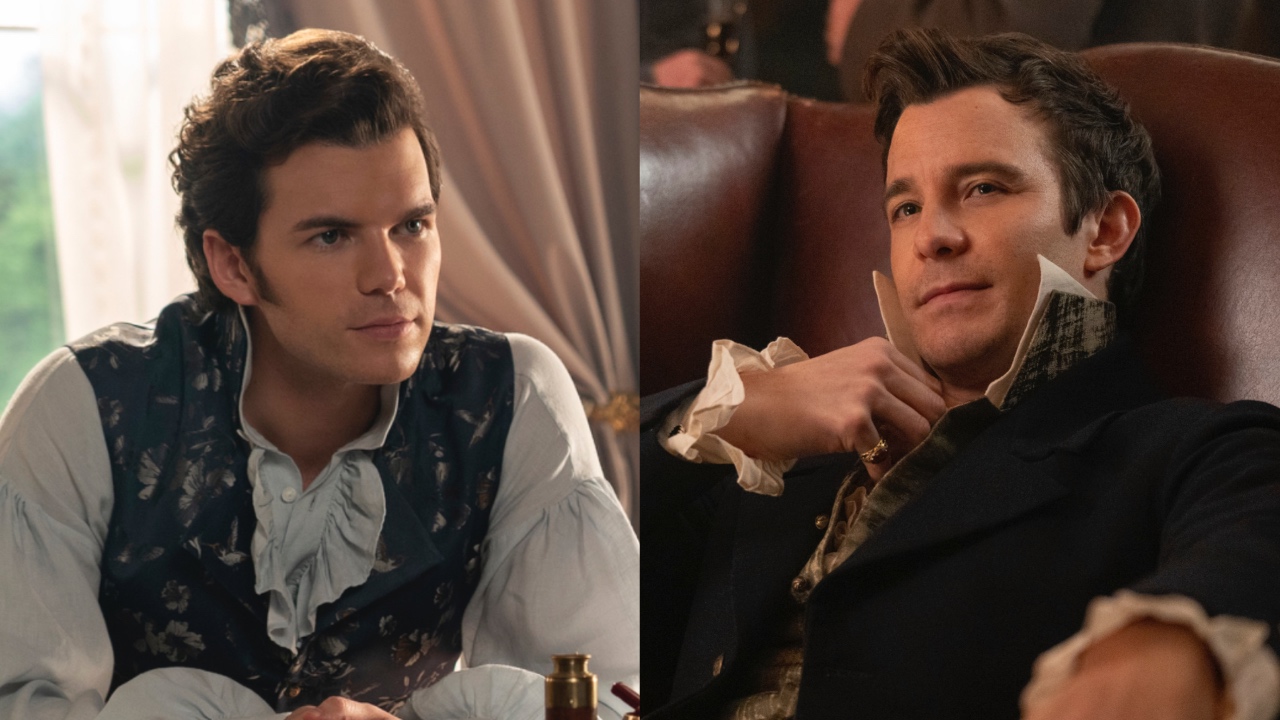Were Einstein And Oppenheimer Really Friends? (And Other Things You Might Be Wondering After You See The Movie)
Let's get to the bottom of these Oppenheimer questions...
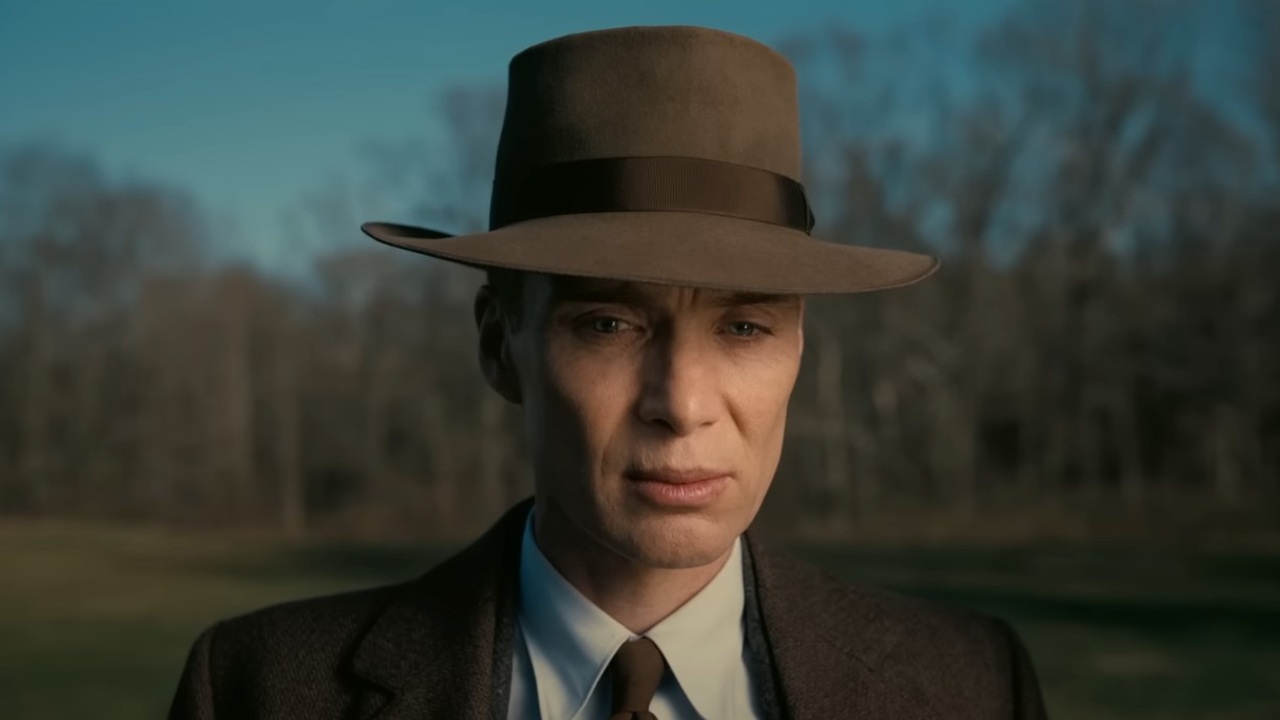
After many months of intense anticipation and trying to figure out the best possible way to watch the movie, Christopher Nolan’s Oppenheimer made its grand debut in theaters in July 2023 as part of the brilliant and epic box office weekend known as “Barbenheimer,” alongside Greta Gerwig’s Barbie. The movie, which was just as much of a hit with critics as it was with audiences, tells the story of J. Robert Oppenheimer and the Manhattan Project’s quest to develop the first atomic bomb, as well as pretty much everything and everyone involved (directly and indirectly) in the program.
Since this is technically a biopic, some may be questioning the real-life facts in Oppenheimer and the various historical figures and situations presented throughout. From Einstein and Oppenheimer’s friendship to fears about the power of the atomic bomb and how a future president played a role in the movie’s ending, there’s a lot to cover, so let’s unpack it now…
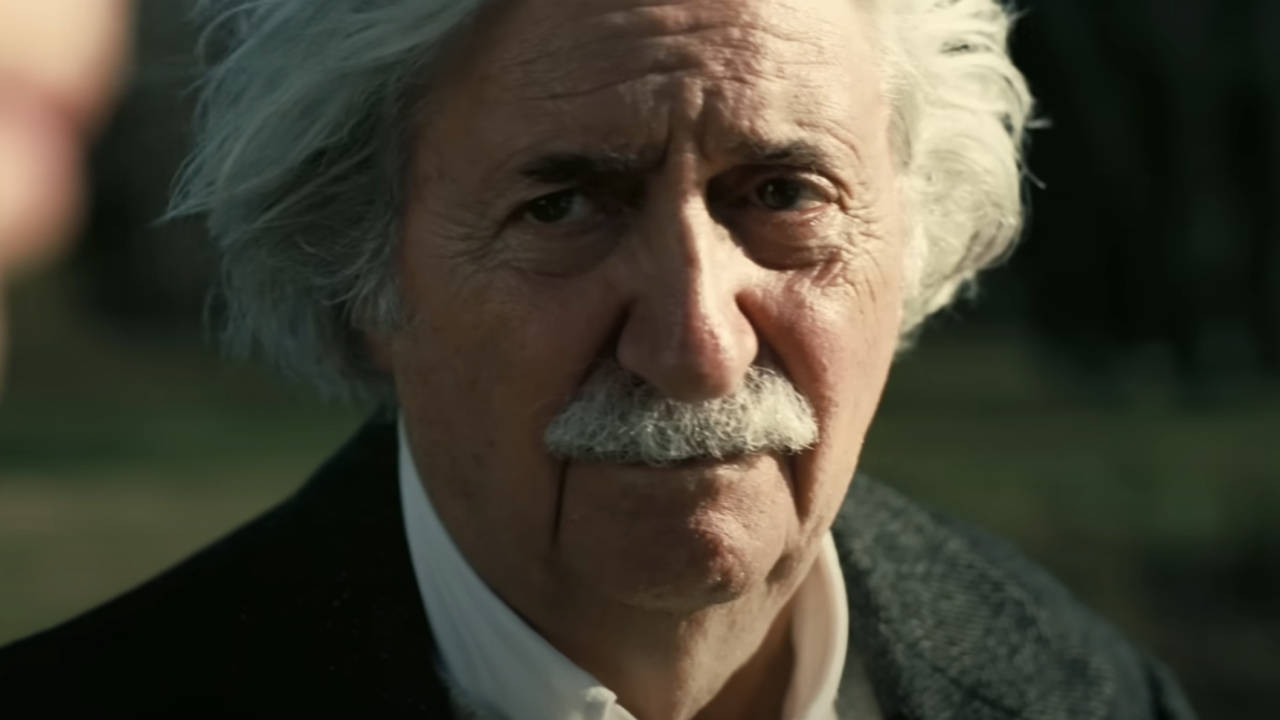
Were Einstein And Oppenheimer Really Friends?
The relationship shared by Albert Einstein (Tom Conti) and J. Robert Oppenheimer (Cillian Murphy) is explored in a few pivotal scenes throughout the Oppenheimer timeline. Though they seem to have a difference of opinion about physics at the time (Oppenheimer saw Einstein as a relic of the past), the physicists are presented as friends. But, were the real-life scientists that close?
In American Prometheus: The Triumph and Tragedy of J. Robert Oppenheimer (via Vanity Fair), Kai Bird and Martin J. Sherwin point out that while the pair had a mutual respect for one another and were colleagues at Princeton following World War II, they were not particularly close. However, they reportedly enjoyed one another’s company, and Oppenheimer once had a radio antenna installed on Einstein's house so that he could listen to a live performance from Carnegie Hall.
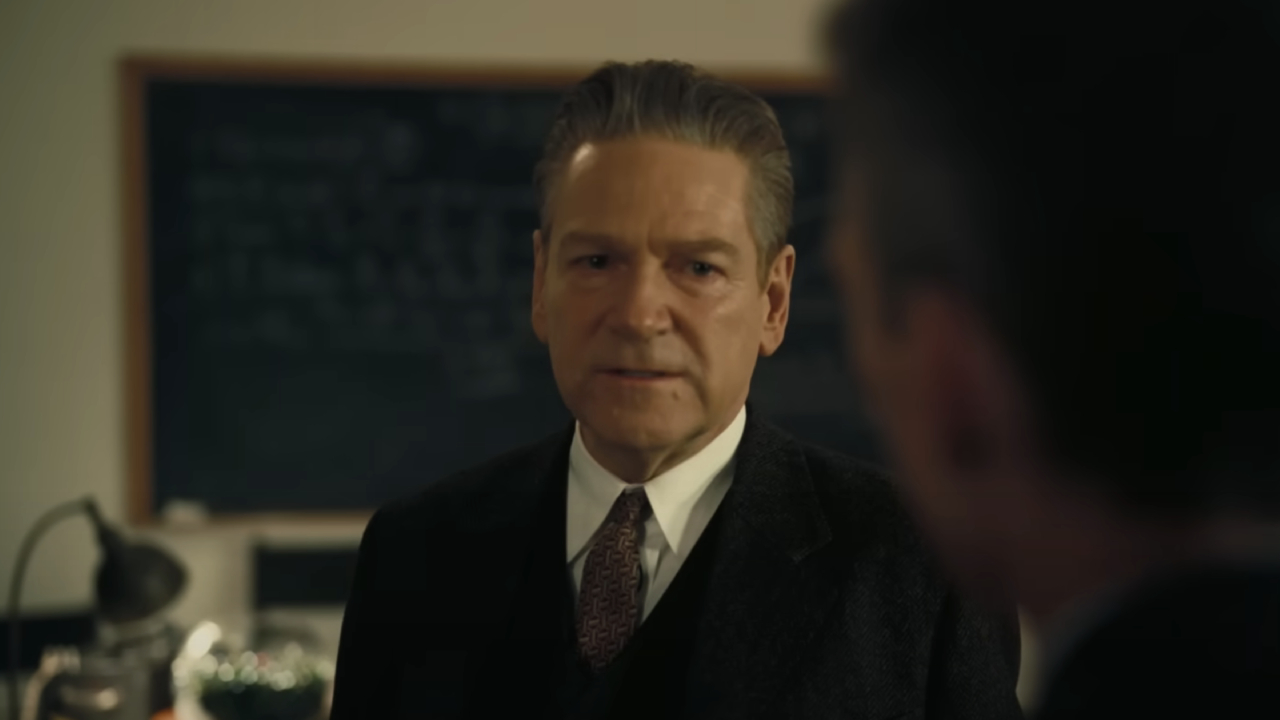
Did Oppenheimer Actually Poison An Apple?
Early in the movie, there’s a scene where Oppenheimer poisons an apple on his professor’s desk after the instructor embarrassed him for his subpar work in the laboratory. Waking up the next morning understanding the gravity of his actions, the young scientist rushes to the classroom to dispose of the apple, only to find his idol Niels Bohr (Kenneth Branagh) meeting with the teacher and holding the apple. So, did this actually happen?
In American Prometheus (via Vanity Fair), which served as the basis for the film, Bird and Sherwin document the time the real-life Oppenheimer poisoned an apple while at Cambridge. However, there were some theatrics at play in the movie. For starters, school officials found out about the apple and Oppenheimer only got out of trouble after his parents intervened. Second, Bohr was not seconds away from eating the tainted fruit. In fact, he wasn’t even there.
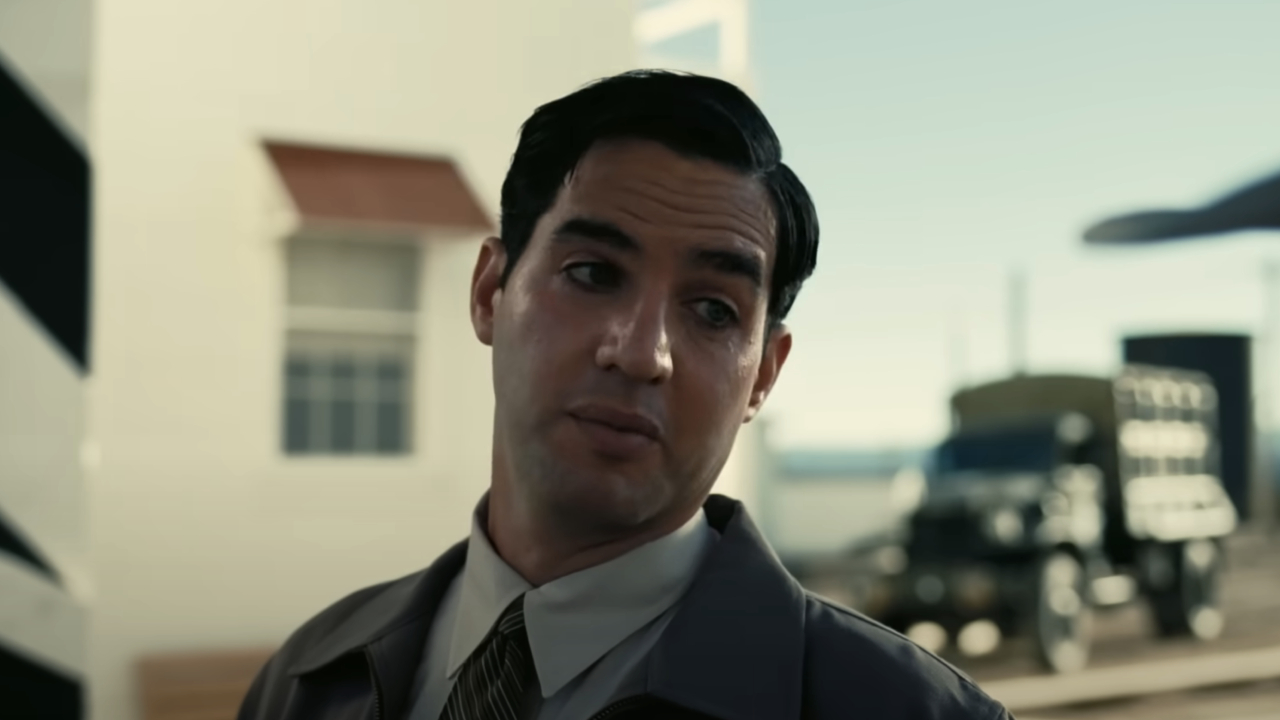
Did Scientists Fear The Atom Bomb Would Destroy The World?
In the leadup to the film’s release, Nolan teased Oppenheimer as a horror movie, and he wasn’t wrong. One of the most terrifying and unnerving possibilities brought up during the creation of the atom bomb was the fear that the chain reaction would not stop and would continue until it ignited the Earth’s atmosphere. So, were those fears real or made up to create a higher sense of drama and tension?
Your Daily Blend of Entertainment News
According to the Washington Post, Edward Teller (played by Benny Safdie in the Oppenheimer cast), who would go on to spearhead the H-Bomb project, brought up concerns about a potential atomic explosion igniting the atmosphere or oceans in 1942. But, after physicist Hans Bethe performed calculations concerning a hypothetical blast, there was little to no fear that a catastrophic event like the one predicted would take place.
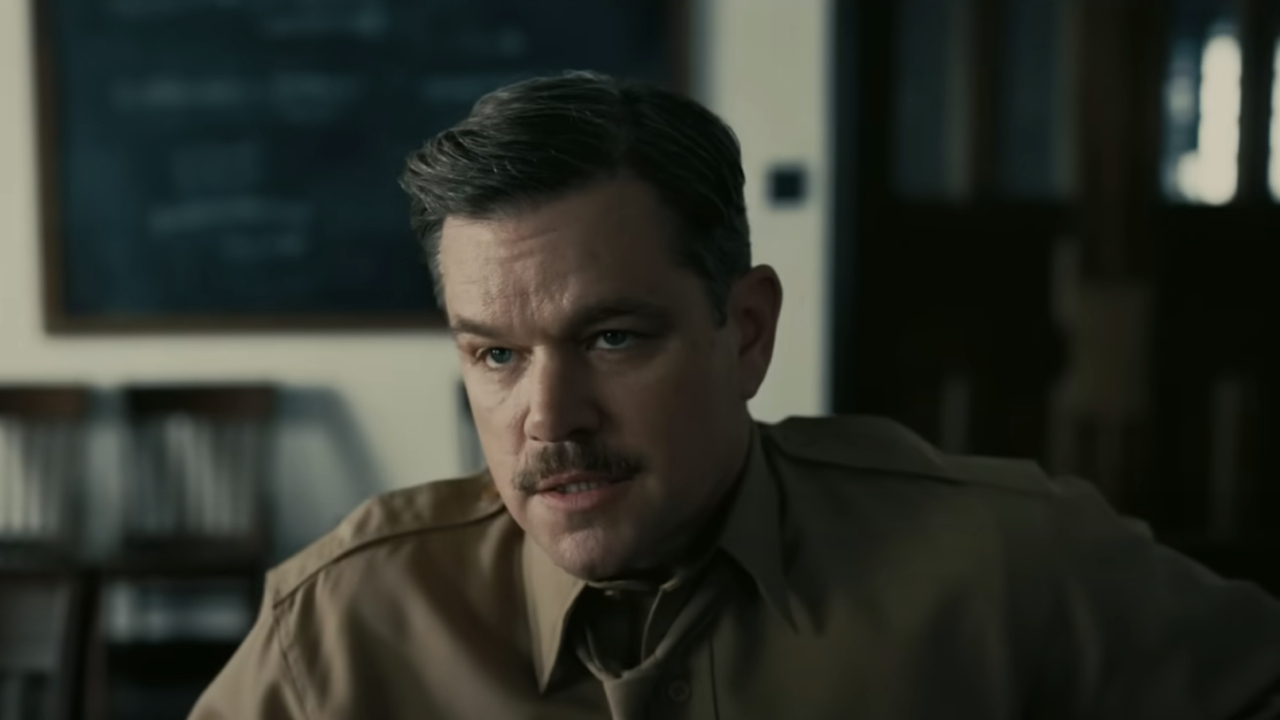
Did Oppenheimer And Leslie Groves Actually Get Along?
One of the most powerful, and unlikely, relationships explored in Oppenheimer is the one shared by the lead and Manhattan Project director Leslie Groves (Matt Damon). It could be seen as just two charismatic actors having a grand old time playing two of the most important figures on the American side of the war, the truth is that they had a great deal of mutual respect for one another in real life.
According to the U.S. Department of Energy’s Office of History and Heritage Resources, the pair didn’t have an intimately close relationship during the project, but they worked well together despite having differing temperaments. In fact, the department argues that the project wouldn’t have been a success without the Groves-Oppenheimer alliance.
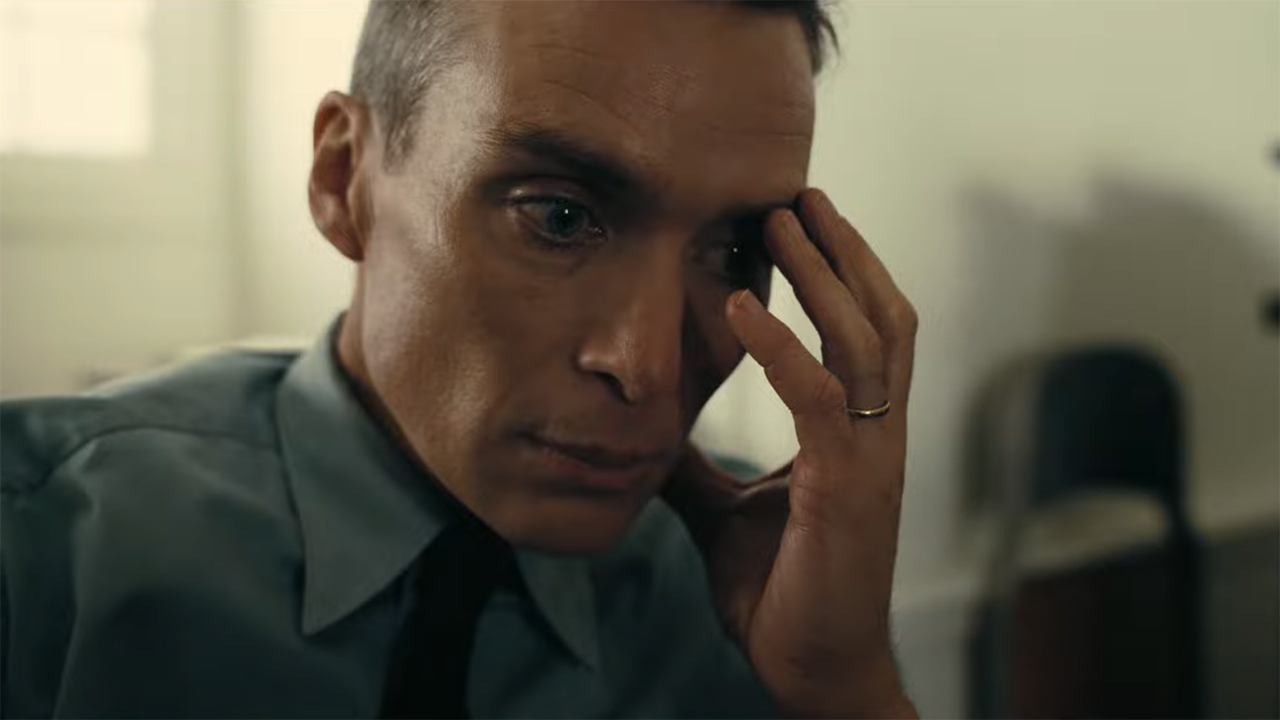
Did Oppenheimer Actually Say ‘Now I Am Become Death, The Destroyer Of Worlds’?
In the film's climactic scene where the first atom bomb explodes in the Trinity Test, Oppenheimer responds to the power and light of the blast by reciting a line from the Bhagavad Gita: “Now I am become Death, the destroyer of worlds.” Did the real-life theoretical physicist actually utter those lines when he saw the culmination of his life’s work turn into 18.6 kilotons of atomic power?
A GQ article published following the release of Oppenheimer points out that while it’s not entirely known whether or not the scientist said those words in the immediate aftermath of the explosion, he did speak the line during a 1965 NBC documentary called The Decision to Drop the Bomb when speaking about the world-changing moment.
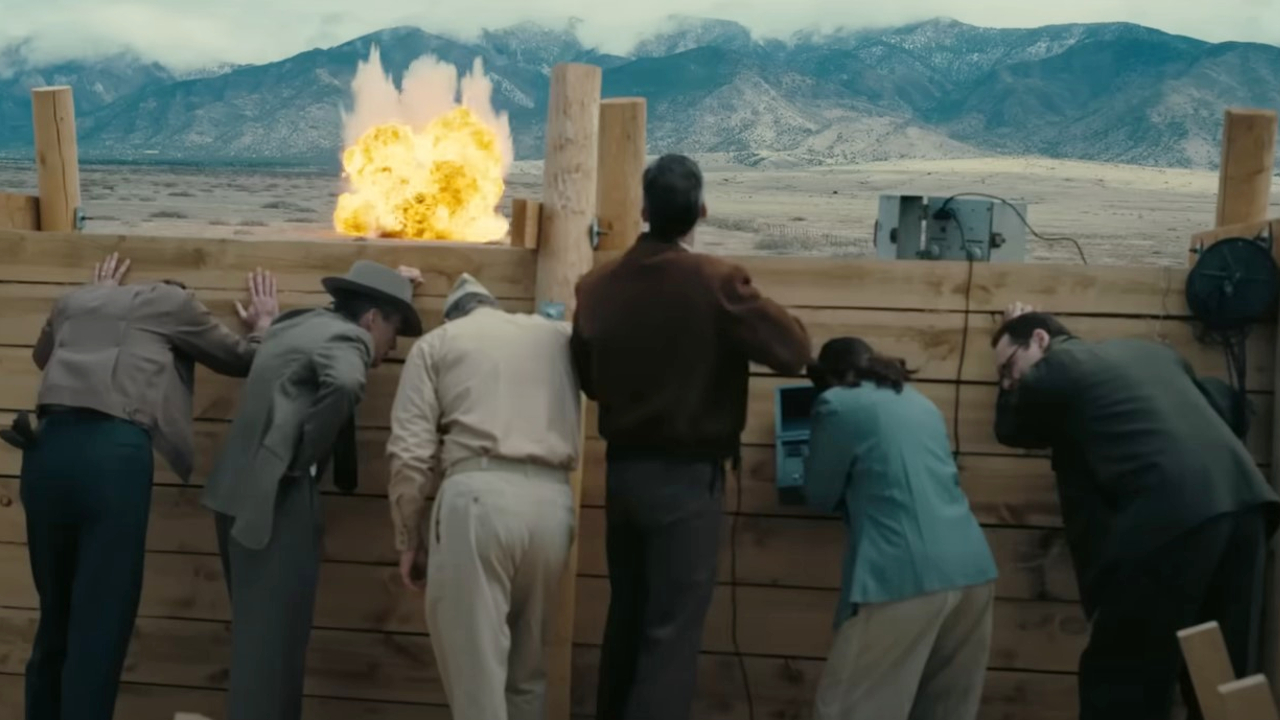
Were There Soviet Spies At Los Alamos?
While Oppenheimer is a movie about the creation of the atom bomb, it is also one about the country’s anti-communism and fear of a “Red Wave” both during and after World War II. As the film goes on, it becomes apparent that there are Soviet spies working undercover in the Manhattan Project at Los Alamos. Is that true, though?
In July 2023, SFGate published an article chronicling just some of the spies who were among the ranks in Los Alamos during and after the war. The article goes into great detail about two of the spies in particular – physicists Klaus Fuchs and Ted Hall – who both worked extensively with the Soviets even after WWII turned into the Cold War. Fuchs was later convicted and sentenced to several years in prison, but Hall avoided jail time in the years that followed.
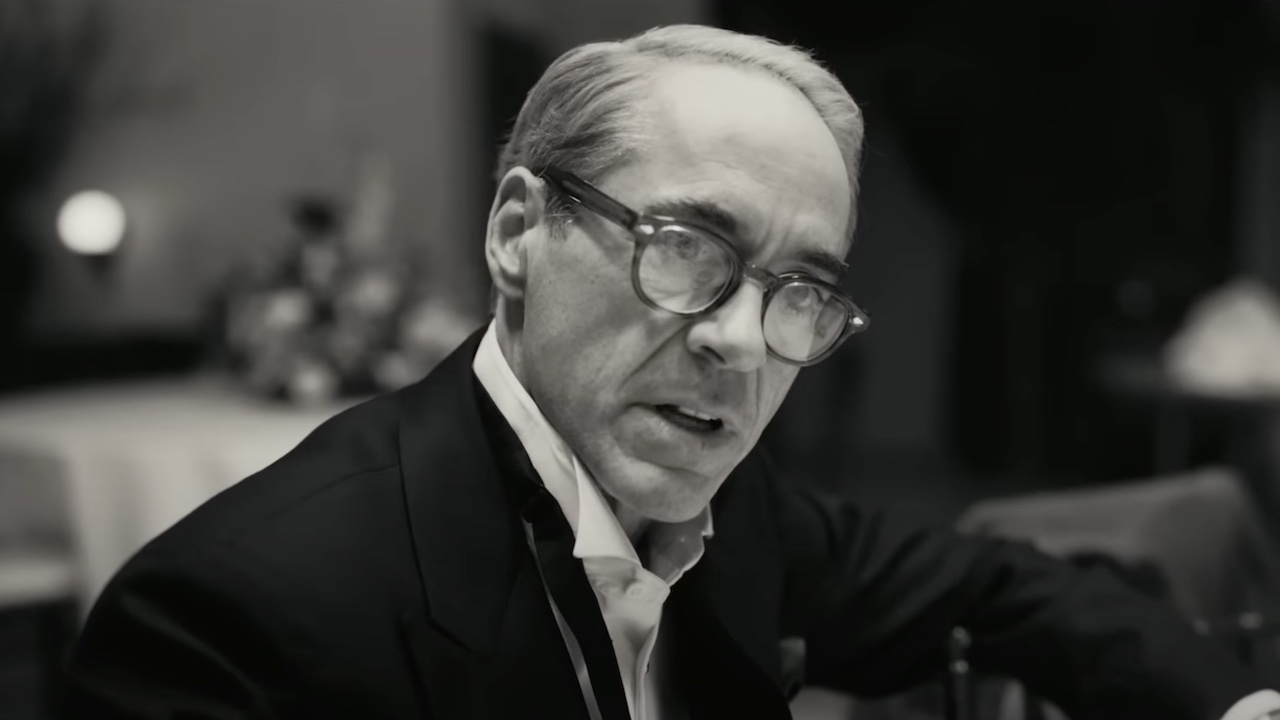
Was JFK Actually Involved In Lewis Strauss' Failed Cabinet Nomination?
When it is revealed that Lewis Strauss (Robert Downey Jr.) didn’t get enough votes to be confirmed as the U.S. Secretary of Commerce in Dwight D. Eisenhower’s cabinet, Alden Ehrenreich’s character tells Strauss that a junior senator from Massachusetts, a.k.a., John F. Kennedy, was one of the votes against him. So, was the future president of the United States actually involved?
According to GovTrack, Kennedy was one of 49 votes against the cabinet hopeful during the 1959 confirmation hearing, but neither he nor Strauss’ conspiracy against Oppenheimer were completely responsible for it. As pointed out by Senate.gov, there was a major shift in power during the previous year’s midterm elections, with the Democrats taking 13 Republican seats for a 64-34 majority. That combined with a general dislike of Strauss did him in.
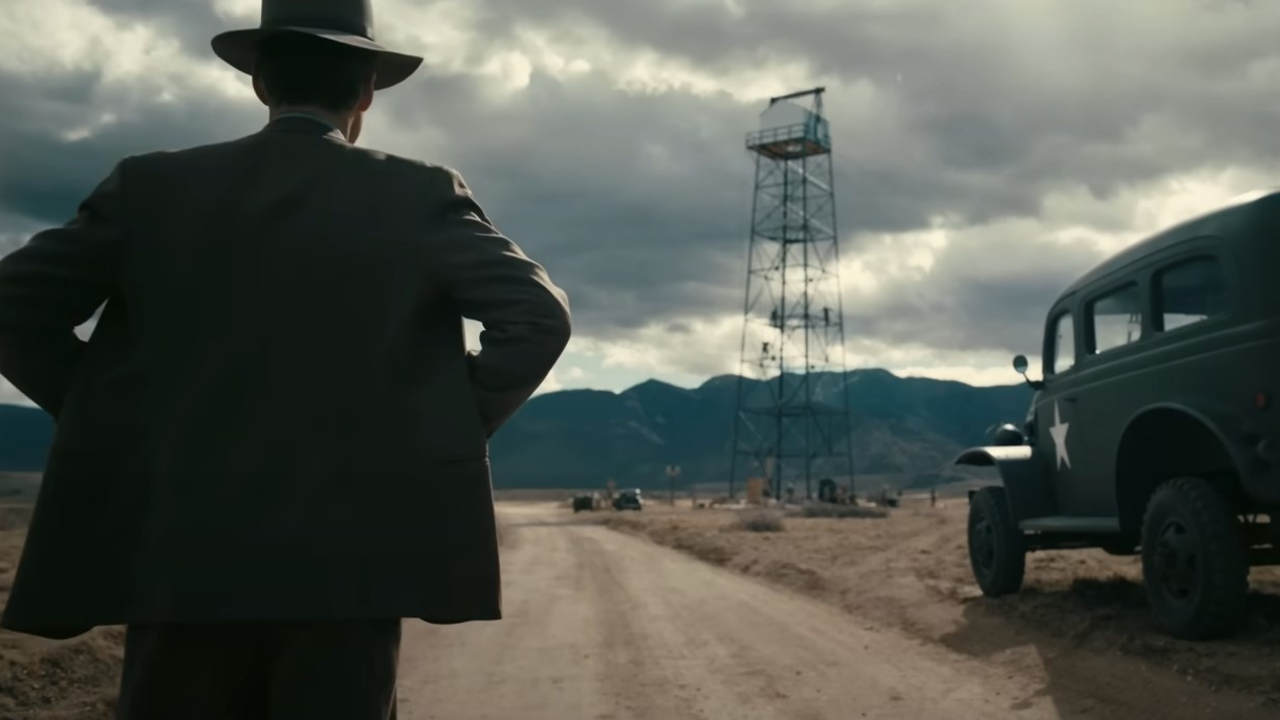
Is The Los Alamos Laboratory Still In Operation?
Even though the Manhattan Project was disbanded in August 1947, two years after Japan’s surrender to end WWII, the lab at the center of the program is still in operation nearly 80 years later, just under a different name: Los Alamos National Laboratory.
In July 2023, Time Magazine published an article about the lab, its history, and the 13,000 residents who live in the nearby company town (most have some kind of role at the facility), which sounds a lot like the Los Alamos featured in Oppenheimer. Another similarity is the level of secrecy surrounding the lab all these years later.
These are just some of the things you might be wondering about the true story behind Oppenheimer. Stick around, though, as we have an ever-growing collection of articles about the film, ranging from Cillian Murphy finally leading a Christopher Nolan movie to the gift that served as a catalyst for the biopic in the first place. And don't forget to check out our 2023 movie schedule for the latest on all those upcoming new releases.
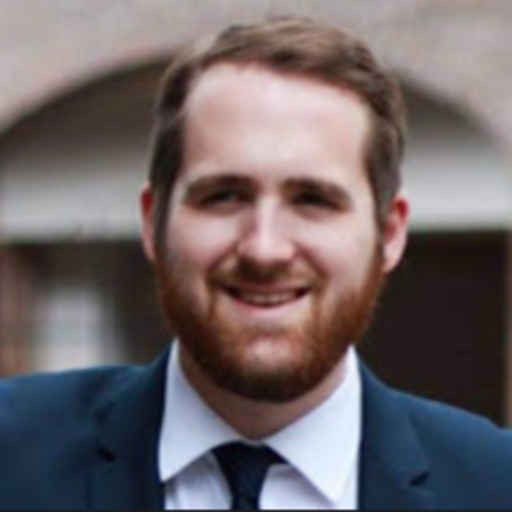
Philip grew up in Louisiana (not New Orleans) before moving to St. Louis after graduating from Louisiana State University-Shreveport. When he's not writing about movies or television, Philip can be found being chased by his three kids, telling his dogs to stop barking at the mailman, or chatting about professional wrestling to his wife. Writing gigs with school newspapers, multiple daily newspapers, and other varied job experiences led him to this point where he actually gets to write about movies, shows, wrestling, and documentaries (which is a huge win in his eyes). If the stars properly align, he will talk about For Love Of The Game being the best baseball movie of all time.
